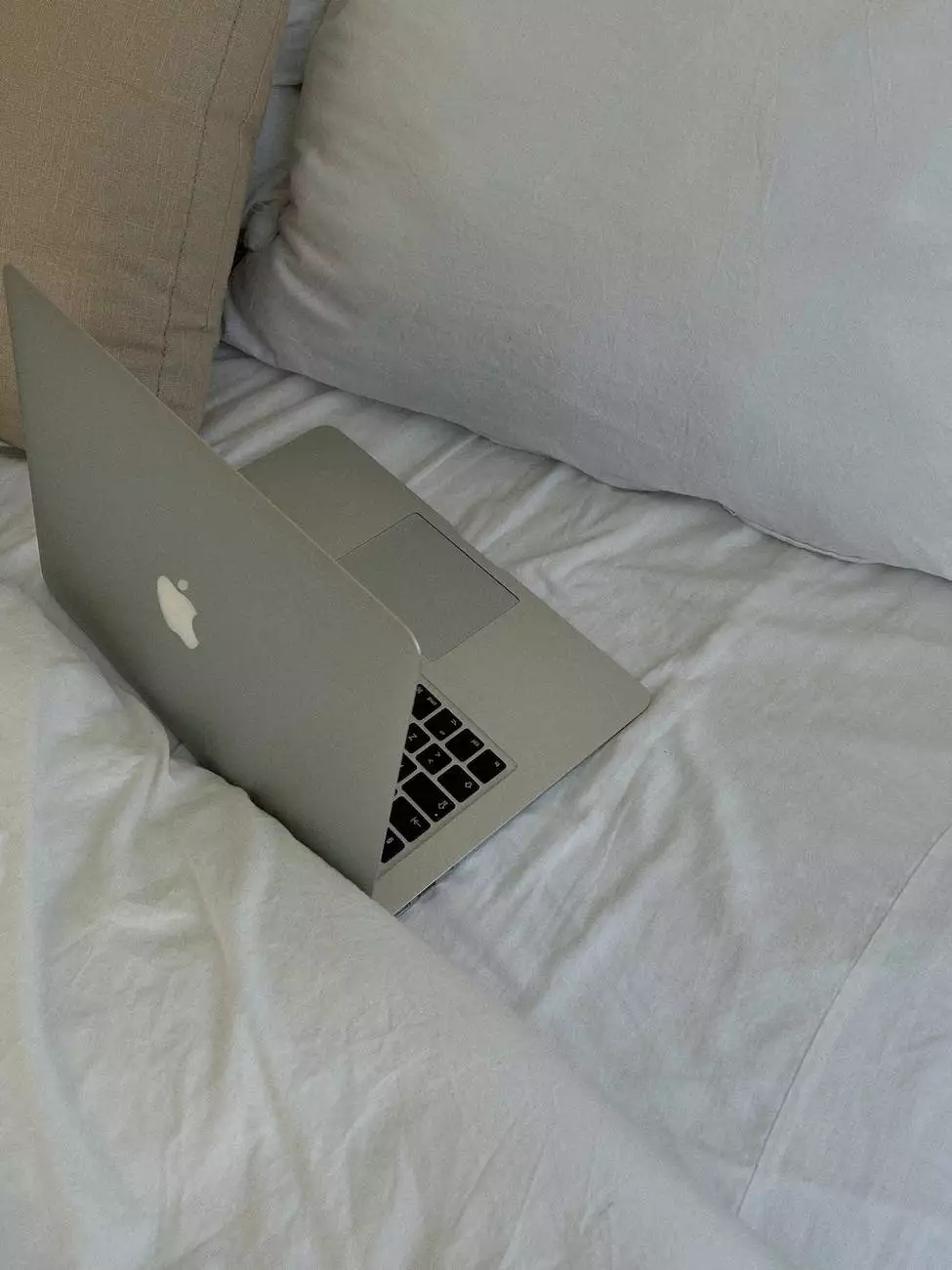Can Chlorine Cause Hair Loss? - Smith, Arthur F, MD

Welcome to Smith, Arthur F, MD - your trusted source for reliable information on hair loss and related topics in the health category. In this article, we will delve into the question of whether chlorine can cause hair loss and explore the potential effects it may have on your hair health.
Understanding Chlorine and Its Impact on Hair Health
Chlorine is a chemical commonly used in swimming pools and various water treatment processes. While its primary purpose is to disinfect water and kill bacteria, prolonged exposure to chlorine can have some adverse effects on your hair, including the potential for hair loss.
When your hair comes into contact with chlorine, it can lead to the stripping away of its natural oils and moisture. This can make your hair dry, brittle, and more prone to breakage. Additionally, chlorine exposure can disrupt the pH balance of your scalp, causing scalp irritation and potential hair follicle damage.
The Link Between Chlorine and Hair Loss
While chlorine itself may not directly cause hair loss, its damaging effects on the hair and scalp can contribute to hair fall. Prolonged exposure to chlorine-treated water, especially in individuals with pre-existing hair and scalp conditions, can exacerbate these issues and lead to increased hair shedding.
Moreover, frequent swimming in chlorinated pools may also expose your hair to other potentially harmful substances, such as copper and other heavy metals. These substances, when absorbed by the hair, can further weaken its structure and contribute to hair thinning and hair loss over time.
It is important to note that the extent of hair loss experienced due to chlorine exposure can vary among individuals. Factors such as hair type, overall hair health, and duration of chlorine exposure play a role in determining the impact on hair loss.
Prevention and Mitigation
To minimize the potential negative effects of chlorine on your hair, follow these preventive measures:
- Thoroughly wet your hair with non-chlorinated water before swimming. This helps reduce the amount of chlorine your hair can absorb.
- Wear a swimming cap to create a protective barrier between your hair and the chlorinated water.
- Rinse your hair immediately after swimming with fresh water to remove any residual chlorine.
- Use a gentle, sulfate-free shampoo and conditioner designed for swimmers to cleanse and hydrate your hair.
- Consider using hair masks or deep conditioning treatments regularly to replenish moisture.
- Avoid excessive heat styling, as it can further weaken chlorine-exposed hair.
Consulting a Hair Loss Specialist
If you are concerned about hair loss or experiencing excessive shedding, it is advisable to consult a hair loss specialist or a dermatologist. They can evaluate your specific situation, identify any underlying causes, and recommend appropriate hair care and treatment options to address your concerns.
At Smith, Arthur F, MD, we provide exceptional care and expertise in the field of hair loss. Our team of experienced professionals is dedicated to helping individuals understand the causes and treatment options for hair loss, including the potential effects of chlorine exposure on hair health.
Conclusion
While chlorine may not directly cause hair loss, its damaging effects on the hair and scalp can lead to increased hair shedding. By taking preventive measures and caring for your hair properly, you can minimize the potential negative impact of chlorine on your hair health.
At Smith, Arthur F, MD, we are dedicated to empowering individuals with accurate information on hair loss and its causes. With our expertise and commitment to patient care, we strive to help you make informed decisions about your hair health.




